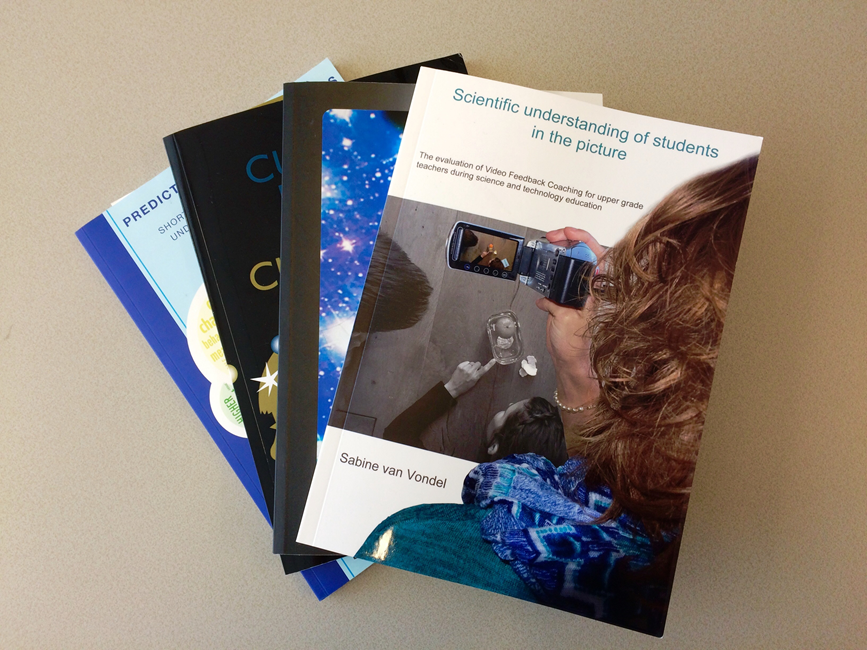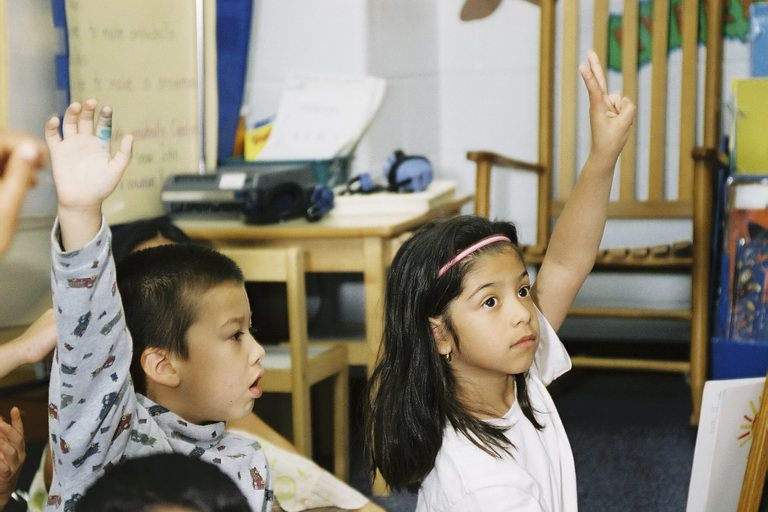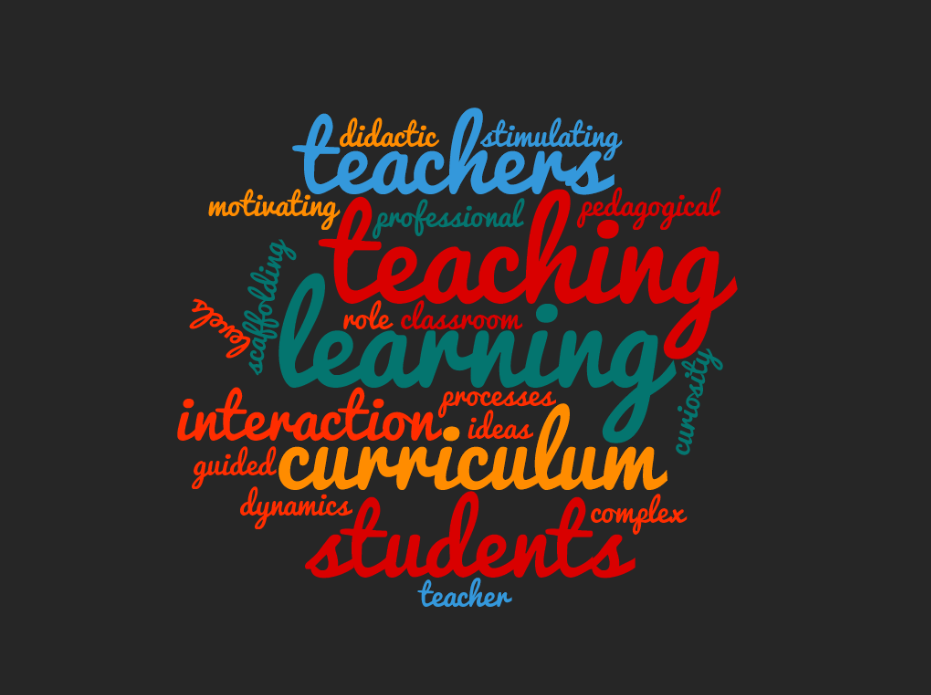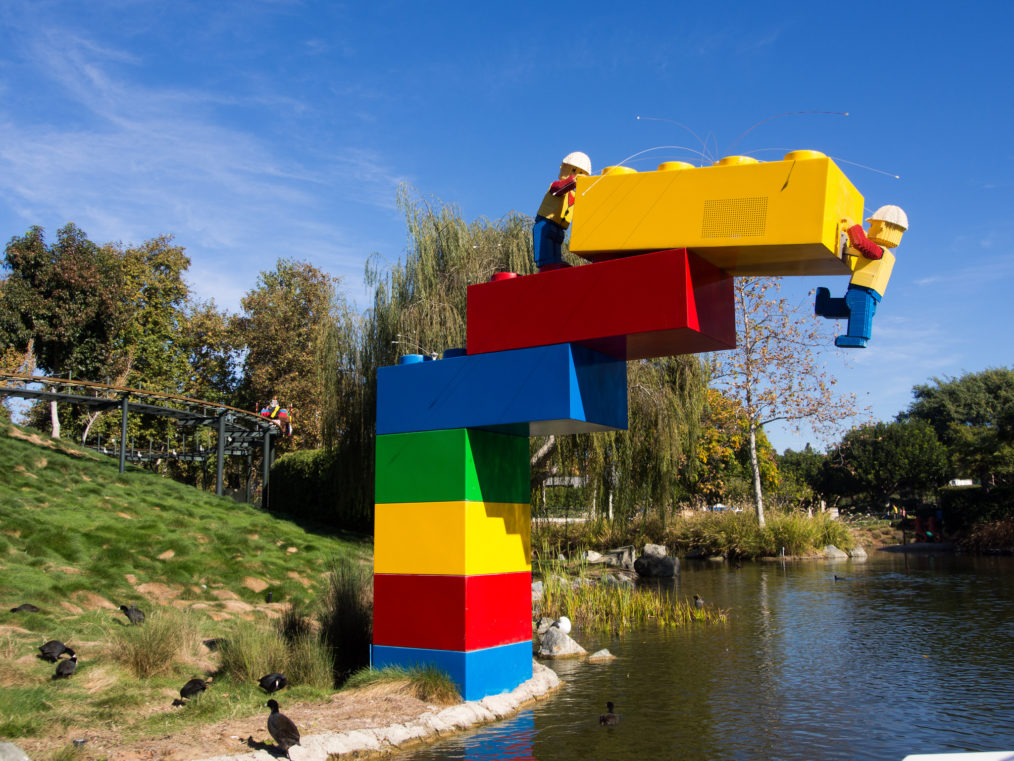Scientific understanding is considered increasingly important for both science performance itself and for future adults to be able to fully participate in society. An important question is how to put scientific understanding of students in the picture in such a way that students may eventually flourish in these fields.
The importance of whether students believe in their ability to become smarter (i.e., “mindsets”) in helping students to realize their learning potential is increasingly gaining mainstream attention. But what does it mean to have a certain kind of mindset, how does it develop, and how can it be changed? I discuss a new way of thinking about the nature of mindsets that emphasizes the contextualized nature of mindsets, and that changes the way that we can answer these questions.
Researchers have an extremely high level of expertise within their domain. However, relying on this domain-specific expertise alone might not always be enough to advance a given research areas. Instead, collaboration various different researchers from virtually any domain can improve our work immensely.
Researching and implementing educational interventions is a challenge. Combining his experience as a teacher educator and PhD candidate in developmental psychology, Frank Assies explains how he is able to go from practice to theory to practice in shaping a Curious Minds based intervention in Teacher College.
In June 2016, Peter de Jonge was appointed Professor of Developmental Psychology. In this blog post, he explains his view on researching the development of psychopathology.
The term deep learning has been coined to refer to the training process of effective, complex multilayer artificial neural networks, also called deep neural networks. Deep neural networks have been applied to solve various problems in a plethora of fields, as exemplified in this article.
Bridging the gap between research and practice is a challenge, also in the field of educational psychology. In this blog post, Henderien Steenbeek, who works at both Teachers College and the University of Groningen, explains why and how she contributes her bit to reducing the gap.
Speech and gestures are tightly coupled when people communicate. Where does this coupling come from? And what does it mean for learning? This blog post tries to answer these questions and discusses findings from a recent study.
“Cool, we travel through space!”: How to elicit conceptual understanding in out-of-school activities
“Cool, we travel through space!”, “Oh look there is Saturn, that is my favorite planet!”. Guess where you are? You are enjoying a virtual journey into space in the Kapteyn Mobile Planetarium of the University of Groningen together with upper grade pupils of a primary school. It is dark inside the Mobile Planetarium, but you […]
Psychologists usually distinguish relevant traits and characteristics, or signs, to predict future performance. Here, I outline an alternative approach to predict whether someone will be successful, namely by sampling actual relevant behavior.










